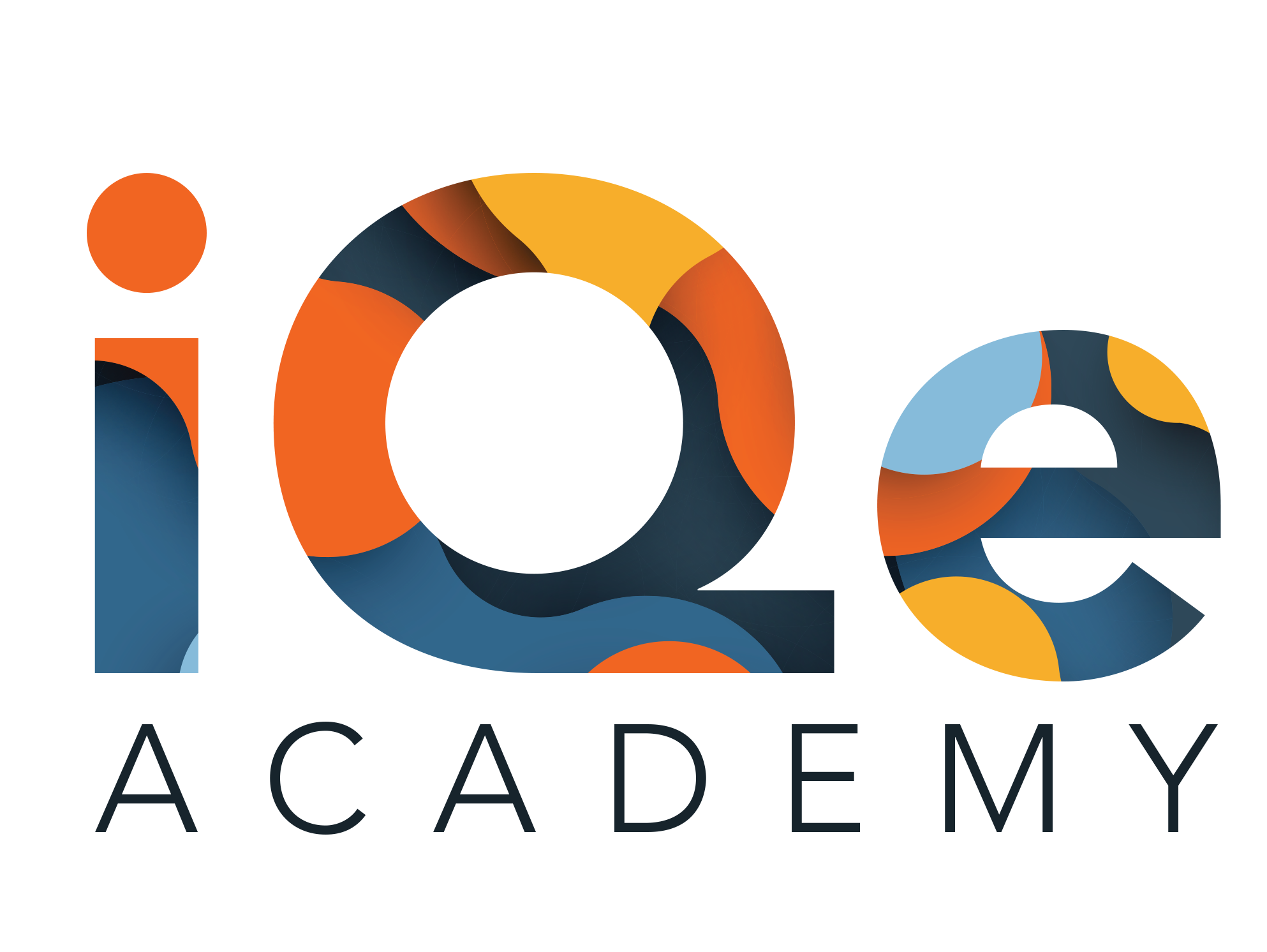For many, the application of the term “curriculum” is more appropriate to what happens when it’s a formal education setting. Most people will remember their school days and the subjects and activities which constituted the school curriculum for them.
The term curriculum is now often used when talking about what children learn and experience in the early years.
In recent years the word curriculum has been applied in a wider context. It is used to refer to the activities and experiences, provided in a variety of settings, from which children can learn and develop. It is total of all things a child experiences in the group, formally and informally, directly and indirectly, which, when combined with these previous experiences and learning and enables a child to;
-
develop knowledge and understanding of the world,
-
practice and acquire skills,
-
and acquire values and attitudes.
In any early years setting there should be an ongoing framework that supports children’s learning and development; an appropriate early year’s curriculum which underpins the provision of care and education in the group and supports children’s all-around development.
The curriculum should also emphasize and encourage the process by which children learn:
-
Acquisition of skills such as communication and language, physical coordination and being a member of the group (with adults and children)
-
Acquisition of values and attitudes; positive self-image, respect for others, valuing similarities and differences.
-
Development of knowledge and understanding of the world, about themselves, social relationships, and the environment in which they live.
These experiences must be wide and varied, as well as appropriate to the children’s needs and during their stages of development. An appropriate curriculum helps and motivates a child to:
-
develop skills and ideas,
-
acquire knowledge,
-
communicate and express themselves,
-
make choices,
-
take responsibility,
-
become confident,
-
relate to others,
-
take up new opportunities and try new experiences.
Component of the Curriculum
To plan and provide an appropriate curriculum for young children, it is necessary to examine the components, which make up the curriculum in more detail.
The components are:
-
Process – how children learn, for example by playing, by watching, by communicating, by investigating
-
Content –what children learn about, for example, themselves, society, different types and use of materials
-
Context – where and why children learn, for example, an activity, a place, or an event that stimulates, motivates, and engages the child’s interest and are meaningful to him or her.
Key Note; “A major feature of working in the early year’s sector at the moment is the need to remain up to date and to be adaptable, as there have been considerable changes to how we work with children over the past few years, with further developments still likely to come”.

